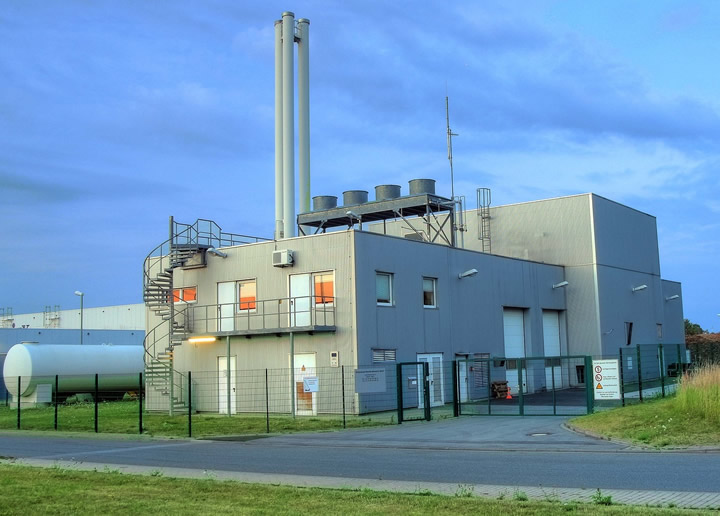Can biomass help the UK achieve net zero? – How resistor technology supports renewable energy projects
November 25, 2024

Biomass represented 8.6 per cent of the UK’s energy supply in 2022 and is set to play an important role in the government’s plan to meet net zero goals. However, there are concerns about the supply of biomass fuels and whether it is viable on a large scale. Here, Mike Torbitt, managing director of resistor manufacturer Cressall, explores the importance of sustainable biomass projects and the resistor technology involved in making them a success.
Biomass has long been earmarked as a greener alternative to fossil fuels. According to the European Environment Agency, it represented 40 per cent of the continent’s renewable energy supply in 2022.
Generating energy with biomass involves the combustion of a wide range of materials such as wood, agricultural residues and food and industrial waste. Although biomass releases carbon dioxide (CO2) during the combustion process, the plants used as fuel capture almost as much CO2 through photosynthesis, meaning that it is widely considered to be carbon neutral. The use of waste materials can also help cut down landfill and improve recycling levels.
Biomass also offers an advantage over wind and solar power when it comes to predictability and availability. The weather-based methods of generating energy are classed as intermittent, as they are not continuously available. Additionally, strong winds or waves can cause high inrush currents leading to overvoltages and potential equipment damage.
Sustainable strategies
Consequently, the previous UK government created a ‘Biomass Strategy’, which highlights the role biomass can play in helping to achieve net zero emissions. While the recently elected Labour government has introduced several new climate policies, such as the creation of Great British Energy, it seems to have adopted the previous biomass strategy.
In the UK and Global Bioenergy Resource Model 2024, which was released in August 2024, the government set out its plans to secure the nation’s biomass supply. Domestically produced materials make up two-thirds of the UK’s biomass fuel, but a significant expansion of biomass energy projects means that a higher proportion would need to be sourced from abroad. The document has received criticism for including the possibility of sourcing material from countries such as Afghanistan and North Korea.
There are also concerns about changing land uses from food crops to grow biomass crops, as well as increased difficulties in tracing the sustainability of supply chains. So, should biomass still form part of the UK’s renewable energy mix?
Resistors for renewable projects
The widespread usage of biomass across Europe shows that it holds great potential as a net-zero energy source. However, to benefit from biomass without risking undermining progress in food security and supply chain traceability, it’s important that it is not expanded beyond viable levels.
When implemented alongside a growth in solar, wind and tidal projects, biomass is a predictable way of generating energy while diverting waste materials away from landfill. To make use of all sources of renewable energy, the UK needs an energy system that not only ensures the safe and effective operation of biomass plants but can also deal with the more unpredictable nature of intermittent energy sources.
For biomass power plants, Cressall supplies neutral earthing resistors (NERs), which limit the current moving through a generator or transformer’s neutral point in the case of a ground fault. By limiting the risk of equipment damage caused by fault currents, NERs can help to reduce downtime and allow the UK to make the most out of biomass resources.
Dynamic braking resistors (DBRs) and pre-insertion resistors (PIRs) are also useful in ensuring the grid can handle the increased unpredictability of intermittent energy sources. Used in tidal and wind turbines respectively, these resistors protect against excess power and overvoltages caused by extreme weather conditions. Ensuring that the UK’s power system can safely handle these fluctuations means that it does not have to rely too heavily on more predictable sources such as biomass.
As the energy transition picks up pace, well-considered biomass projects making use of domestic products and waste materials offer a predictable, carbon-neutral energy source. However, ensuring that the UK’s energy system can handle a wide range of energy sources will help to avoid an overreliance on biomass, and the negative impacts that come with that.
To learn more about Cressall’s range of resistors for renewable projects, get in touch with our knowledgeable team.
Search
RECENT PRESS RELEASES
Related Post




